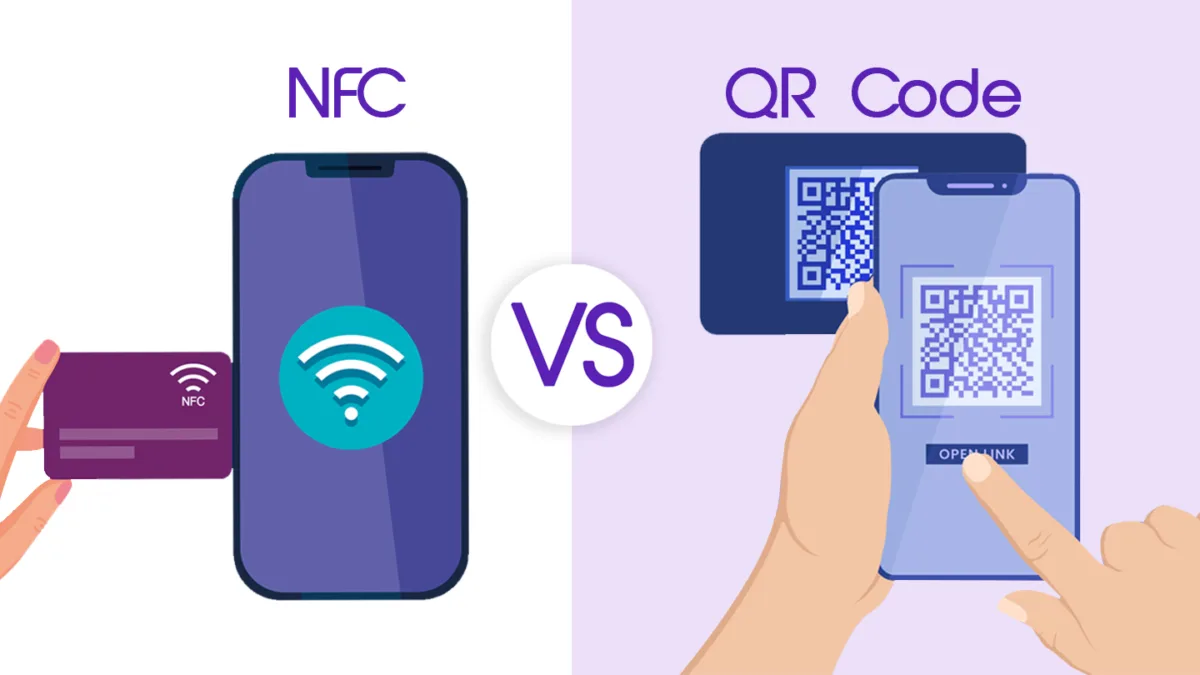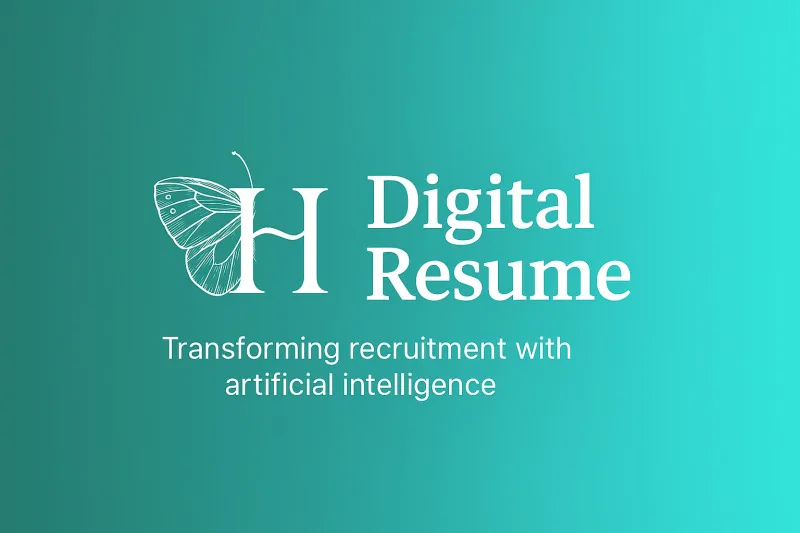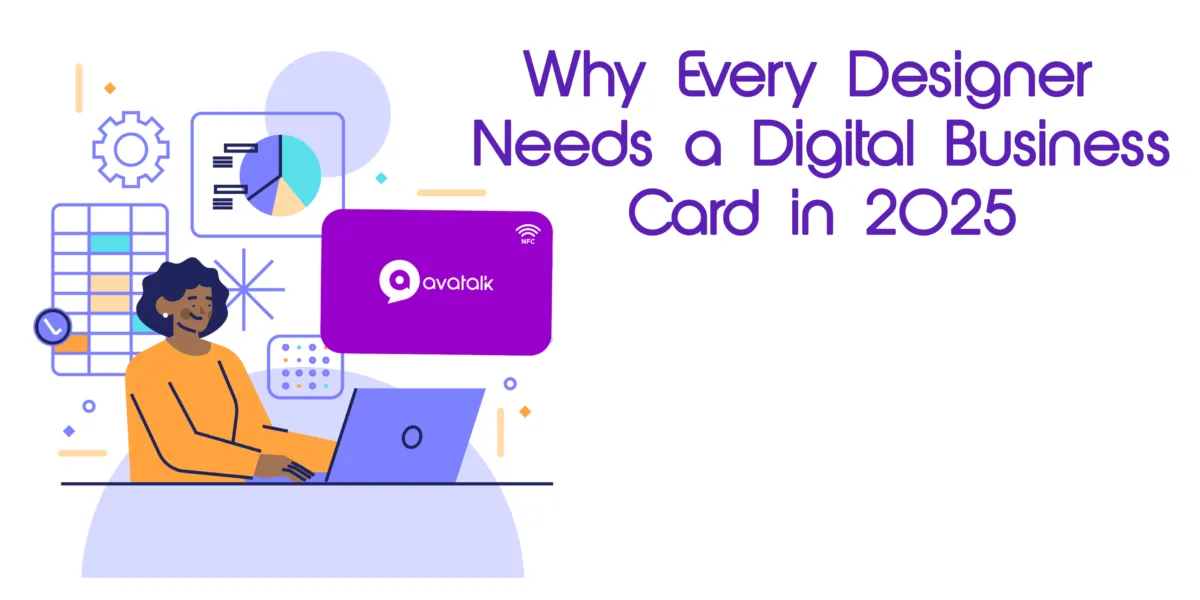
NFC vs QR Code Business Cards: Which One Should You Choose?
Explore NFC vs. QR Code business cards, their benefits, and which suits your networking needs best.
In today’s digitally-driven world, networking has evolved significantly. Gone are the days when exchanging physical business cards was the only way to share contact information. Now, with the advent of digital technologies, traditional business cards have new competitors: vCards and digital business cards. But what exactly are these two options, and how do they differ from each other? Let’s delve deep into this topic to uncover the essential differences and help you decide which option suits your needs best.
Before we dive into the differences, it’s crucial to understand what vCards and digital business cards are. Although they may seem similar, they have distinct characteristics and functionalities that set them apart.
A vCard, short for Virtual Contact File, is a digital file format that contains contact information. It’s essentially an electronic version of a business card that can be attached to emails, shared via messaging apps, or embedded on websites. vCards typically include details like your name, phone number, email address, company name, and even a photo or logo.
A digital business card is a broader term that encompasses various formats of electronically sharing contact information. Unlike a vCard, a digital business card isn’t confined to a single file format. It can be a webpage, a mobile app, or even a QR code that, when scanned, redirects to an online profile containing your contact details, social media links, and more.
While both vCards and digital business cards aim to digitize the traditional business card experience, they differ significantly in functionality, versatility, and usage.
Let’s take a closer look at some of the key advantages that vCards offer:
vCards are straightforward to use. They’re perfect for those who need a quick and efficient way to share contact information without any bells and whistles.
vCards are universally recognized by most email clients and contact management systems, ensuring that your contact information is accessible across various platforms.
Since vCards are free to make and use, both individuals and small businesses can benefit financially from using them.
The following advantages of digital business cards over traditional and vCard solutions make them an appealing option:
With digital business cards, you can fully customize the appearance and content of your card, making it a true reflection of your brand.
Digital business cards can include videos, clickable links, and other multimedia elements, providing a richer experience for the recipient.
You may track how many times your digital business card has been viewed or shared using analytics tools that some digital business card platforms offer. This information can be quite helpful for networking and marketing campaigns.
Attaching a vCard is a practical solution if you frequently send emails and want to include your contact information quickly.
For straightforward contact sharing without the need for additional features, a vCard does the job efficiently.
vCards can be stored on your device and accessed offline, making them useful in situations where internet access is limited or unavailable.
Digital business cards shine in more dynamic and interactive settings:
At conferences or networking events, where first impressions matter, a digital business card can leave a lasting impact due to its interactivity and customization options.
If you’re active on social media and want to include links to your profiles, a digital business card allows you to seamlessly integrate these into your contact information.
For entrepreneurs, freelancers, or anyone looking to build a personal brand, digital business cards offer a platform to showcase your skills, portfolio, and unique value proposition.
Yes, many digital business card platforms allow you to import your vCard information and enhance it with additional features.
Most digital business card platforms use encryption and secure servers to protect your information, but it's always wise to choose a reputable provider.
One of the advantages of digital business cards is that you can update your information in real-time, ensuring that recipients always have your latest details.
vCards are a flexible choice for contact sharing because they work with the majority of gadgets, including PCs, tablets, and smartphones.
While digital business cards allow for more information than vCards, the content should still be concise and relevant to avoid overwhelming the recipient.
The choice between vCards and digital business cards depends on your specific needs. If simplicity, compatibility, and cost are your primary concerns, a vCard may be the right choice. However, if you’re looking for something more dynamic, customizable, and interactive, a digital business card could be the better option.
As you embark on creating your perfect digital business card, consider trying Avatalk. Imagine a business card that speaks for you. With Avatalk’s AI digital business card, that’s exactly what happens. Your AI avatar introduces you, presents your key information, and handles conversations on your behalf, allowing you to focus on what matters most—building meaningful connections. Take the hassle out of networking with Avatalk’s AI digital business card—get started now!

Explore NFC vs. QR Code business cards, their benefits, and which suits your networking needs best.

Discover how HiredAI transforms job hunting and recruiting through powerful AI matching, automation, and a sleek mobile app for Android and iOS.

Discover why every designer needs a digital business card in 2025. Enhance networking, showcase your work, and stay ahead of the game!

Enhance your networking experience with Avatalk's innovative AI-driven digital business card. This tool facilitates more meaningful connections with clients and allows you to elevate your professional presence seamlessly. Cultivate lasting relationships with ease and efficiency.
Useful Links
Follow Us
INNOVATIWAY LIMITED © 2025. All rights reserved.
All fields are required.
